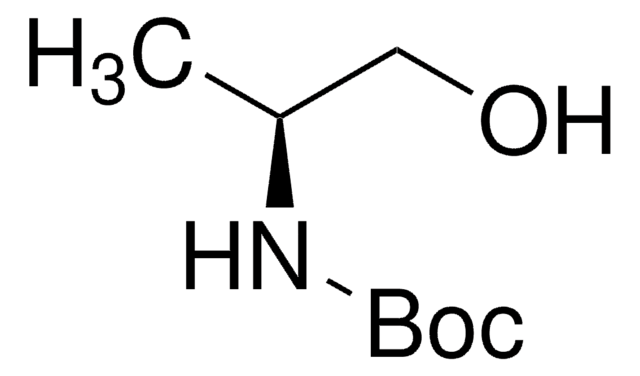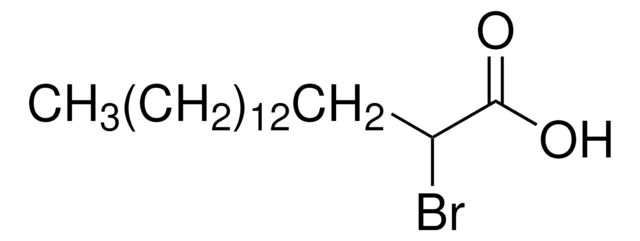467804
Hydroxylamine solution
50 wt. % in H2O, 99.999%
Synonym(s):
HDA
About This Item
Recommended Products
Quality Level
Assay
99.999%
concentration
50 wt. % in H2O
bp
107 °C
density
1.078 g/mL at 25 °C
SMILES string
NO
InChI
1S/H3NO/c1-2/h2H,1H2
InChI key
AVXURJPOCDRRFD-UHFFFAOYSA-N
Looking for similar products? Visit Product Comparison Guide
General description
Application
- Primary amides from aldehydes catalyzed by an arene–ruthenium(II) complex.
- Hydroxyaminoguanidines and carboxamide derivatives of ofloxacin for biological studies.
- Fe3O4/Au (GoldMag) nanoparticles for antibody immobilization.
- Prodrug for cardiovascular agent Nω-hydroxy-L-arginine (NOHA, nitric oxide precursor)
- Hydroxyaminoguanidines as anti-cancer agents
- Nonsteroidal 2,3-dihydroquinoline glucocorticoid receptor agonists with reduced phosphoenolpyruvate caboxykinase (PEPCK) transactivation
- Carboxamide derivatives of ofloxacin with improved antimicrobial properties
- Analogues of coumarin based TNF-α converting enzyme (TACE) inhibitors
- HIV integrase inhibitors
Signal Word
Danger
Hazard Statements
Precautionary Statements
Hazard Classifications
Acute Tox. 4 Oral - Aquatic Acute 1 - Carc. 2 - Desen. Expl. 4 - Eye Dam. 1 - Met. Corr. 1 - Skin Irrit. 2 - Skin Sens. 1 - STOT RE 2 - STOT SE 3
Target Organs
Blood, Respiratory system
Storage Class Code
3 - Flammable liquids
WGK
WGK 3
Personal Protective Equipment
Regulatory Listings
Regulatory Listings are mainly provided for chemical products. Only limited information can be provided here for non-chemical products. No entry means none of the components are listed. It is the user’s obligation to ensure the safe and legal use of the product.
PDSCL
Deleterious substance
FSL
Group 5: Self-reactive substances
Materials containing Hydroxylamine
Hazardous rank II
2nd self-reactive materials
ISHL Indicated Name
Substances Subject to be Indicated Names
ISHL Notified Names
Substances Subject to be Notified Names
JAN Code
467804-10ML:4548173155524
467804-BULK:
467804-50ML:4548173155531
467804-VAR:
Choose from one of the most recent versions:
Already Own This Product?
Find documentation for the products that you have recently purchased in the Document Library.
Customers Also Viewed
Our team of scientists has experience in all areas of research including Life Science, Material Science, Chemical Synthesis, Chromatography, Analytical and many others.
Contact Technical Service


















